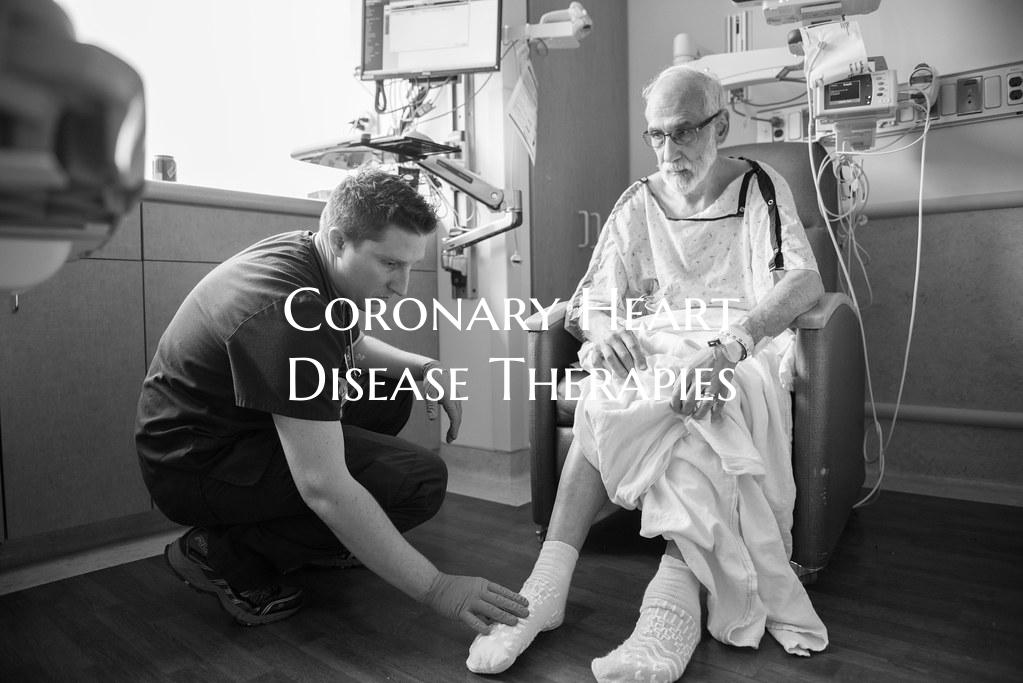
Coronary Heart Disease Therapies
Coronary Heart Disease Therapies: A Comprehensive Guide
Coronary heart disease (CHD) remains a leading cause of mortality worldwide, with millions of individuals affected by its debilitating effects. Managing this condition requires a multifaceted approach that combines lifestyle modifications, medications, and sometimes invasive procedures. In this guide, we delve into the various therapies available for patients with CHD, highlighting the latest advancements and best practices in treatment.
1. Lifestyle Modifications: - Diet: Adopting a heart-healthy diet low in saturated fats, trans fats, cholesterol, and sodium can help reduce the risk of CHD progression and exacerbation. - Exercise: Regular physical activity is essential for improving cardiovascular health, enhancing blood flow, and controlling weight. - Smoking cessation: Quitting smoking is crucial in preventing further damage to the heart and blood vessels.
2. Medications: - Statins: These drugs help lower cholesterol levels and reduce the risk of plaque buildup in the arteries. - Aspirin: Aspirin therapy may be recommended to prevent blood clots and reduce the risk of heart attack. - Beta-blockers: These medications help lower blood pressure and reduce the workload on the heart.
3. Invasive Procedures: - Angioplasty and stenting: In cases where the coronary arteries are severely blocked, angioplasty with stent placement can help restore blood flow to the heart. - Coronary artery bypass grafting (CABG): This surgical procedure involves rerouting blood flow around blocked arteries to improve circulation to the heart muscle.
4. Emerging Therapies: - Gene therapy: Researchers are exploring the potential of gene therapy to target specific genes associated with CHD and develop personalized treatment approaches. - Stem cell therapy: Stem cell transplantation holds promise in regenerating damaged heart tissue and improving cardiac function in patients with CHD.
5. Lifestyle Support: - Cardiac rehabilitation: This program offers support and guidance to individuals recovering from a heart-related event, helping them adopt healthier habits and improve overall well-being. - Mental health services: Addressing the psychological impact of CHD through counseling and therapy can enhance patient outcomes and quality of life.
By integrating these diverse therapies into a comprehensive treatment plan, healthcare providers can effectively manage CHD and improve patient outcomes. As research continues to advance, the future holds promising developments in the field of coronary heart disease therapies, offering hope to individuals affected by this pervasive condition.